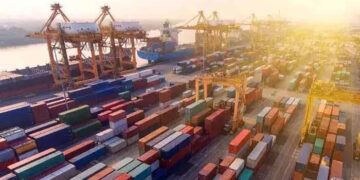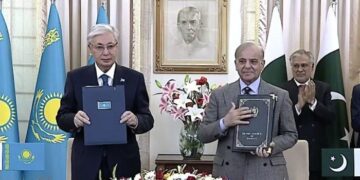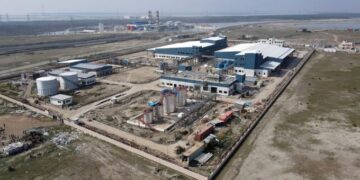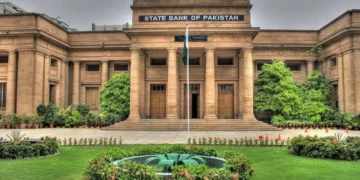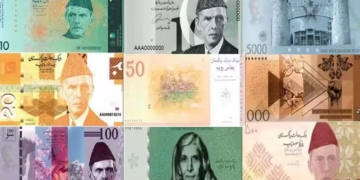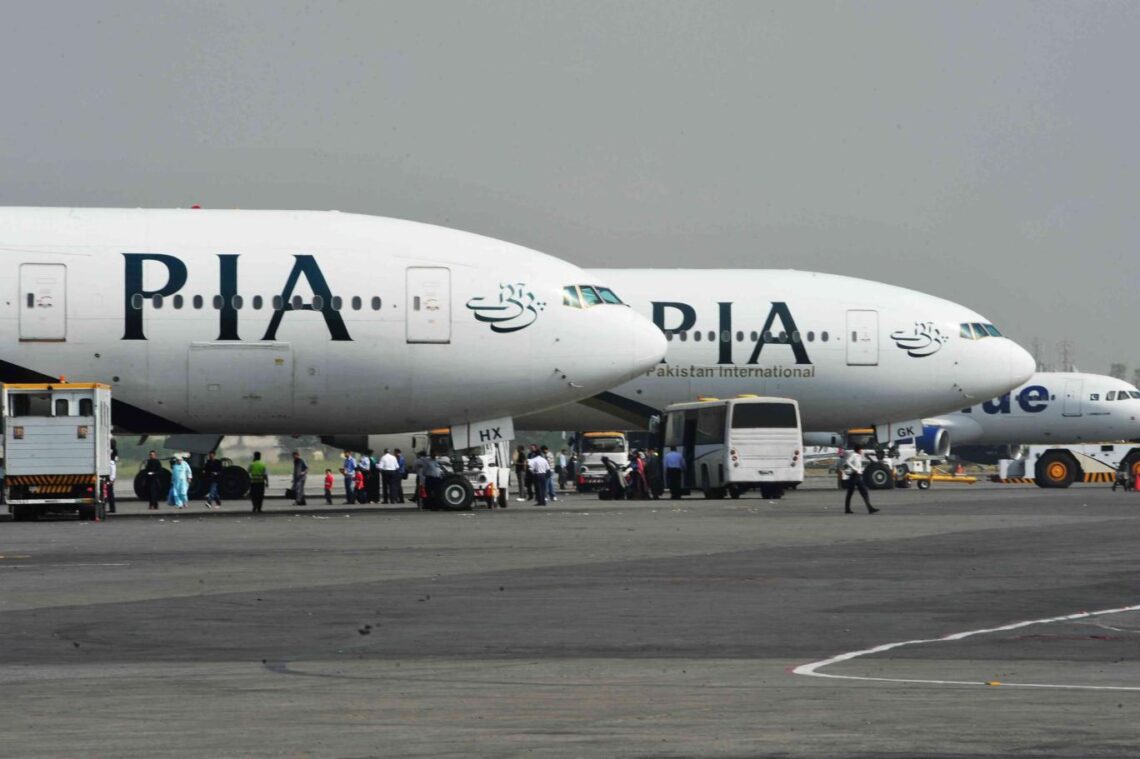According to the news agency AFP, Mohammad Aurangzeb, who took office earlier this year, spoke to AFP at the World Bank headquarters in Washington, where he was attending the annual meetings of the International Monetary Fund and the World Bank. are
Earlier in an interview with AFP in April, Mohammad Aurangzeb had said that he hoped the privatization of government-owned Pakistan International Airlines (PIA) would be completed by June 2024.
While speaking to AFP on Wednesday, the Finance Minister said that the five-month delay in the privatization process is due to two factors: ensuring macroeconomic stability and exercising due diligence regarding parties interested in acquiring PIA.
Referring to macroeconomic factors, he stated that the reality is when a foreign or even a local investor plans to invest a significant amount, they want to ensure that a solid foundation is in place.
Finance Minister Aurangzeb said there is also a need to vet potential bidders for both PIA and Islamabad Airport and this is also a reason for the delay.
He said that therefore the Cabinet finally approved the extension of timelines so that people could do due diligence on their own before submitting their bids.
He said that when the present government assumed power, Pakistan was lagging behind in current profits and dividend payments and after making progress on macroeconomic stability, the government took steps to remedy the same.
Pakistan teetered on the brink of default last year as the economy shrank due to heavy rains and floods in the 2022 monsoon and decades of mismanagement, as well as political chaos caused by the global economic downturn.
The inflation rate in the country reached 38%, but along with keeping the interest rate high by the State Bank, the government also took a number of strict measures including import restrictions to preserve the foreign exchange, after which inflation has now increased. The rate has come down to below seven percent after falling more than 30 percent.
Last month, the IMF approved a loan of 7 billion dollars and since 1958, Pakistan has signed an agreement with the international organization for the 24th time.
Mohammad Aurangzeb also mentioned the progress in the country’s current account deficit and stabilization of the Pakistani rupee, which has depreciated by about 65 percent against the US dollar since 2020.
He said that in May and June, we paid more than $2 billion to our existing international investors thanks to macroeconomic stability and the increase in the country’s financial reserves.
According to the IMF, Pakistan’s gross public debt is currently 69 percent of GDP, or about $258 billion.
Pakistan’s agreement with the IMF hinges on the privatization of state-owned enterprises as well as expanding the tax base and reforming the country’s energy sector.
Muhammad Aurangzeb told AFP that there was a common theme between the three major issues, taxes, energy, and public institutions, among them are leakages, theft, and corruption, and we have to deal with all of them.
In a country of over 240 million people, only 5.2 million people filed income tax returns in 2022.
The finance minister said that those who are not paying taxes, need to start paying for the simple reason that taxpayers have had enough.
He said that the salaried class and the manufacturing industry had had enough and could not pay any more taxes.
On this occasion, while announcing taxation on real estate, retail, retail distributors, and agriculture sectors, he said that the government is committed to taxing certain sectors of the economy and doing better.





